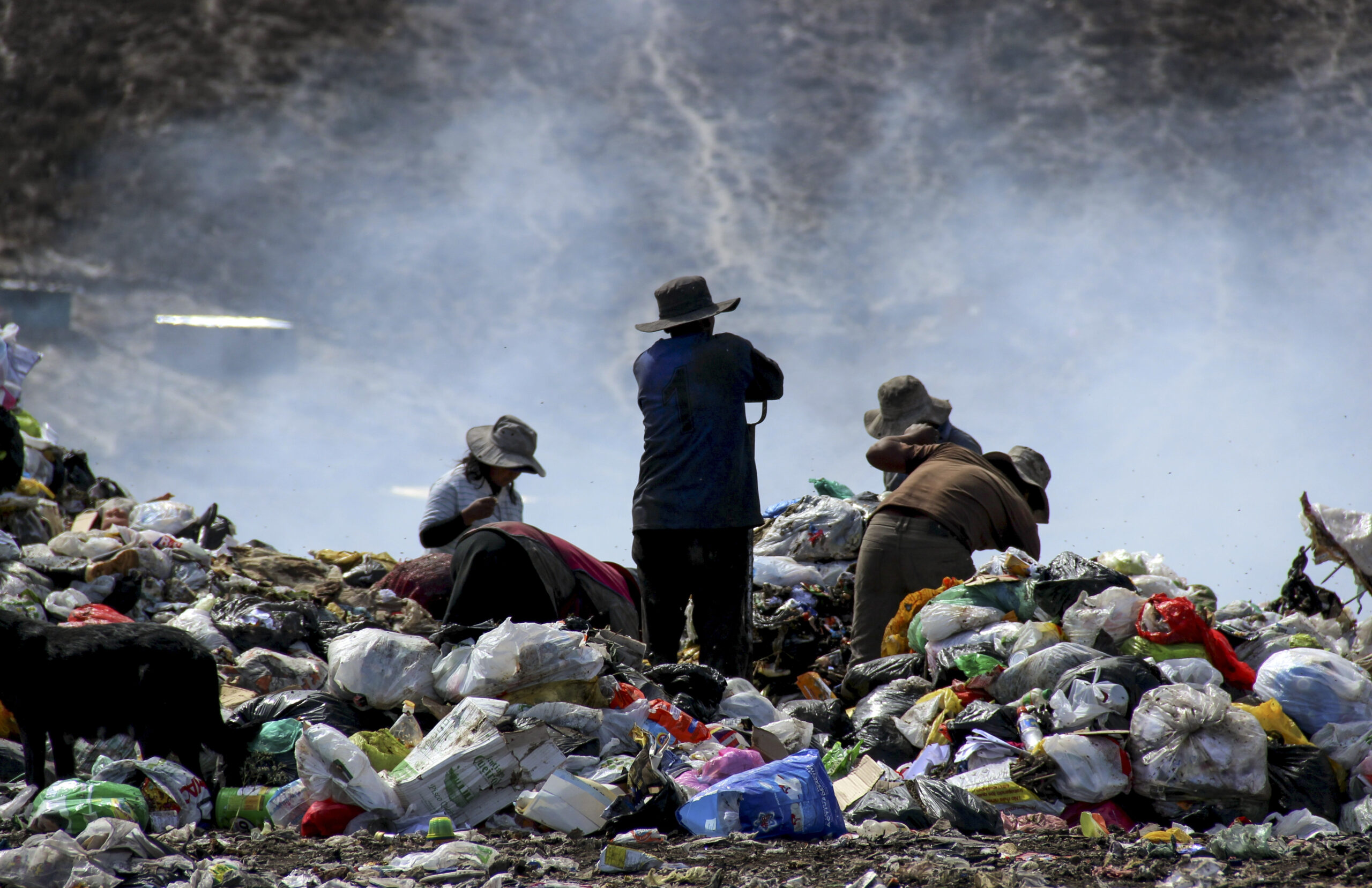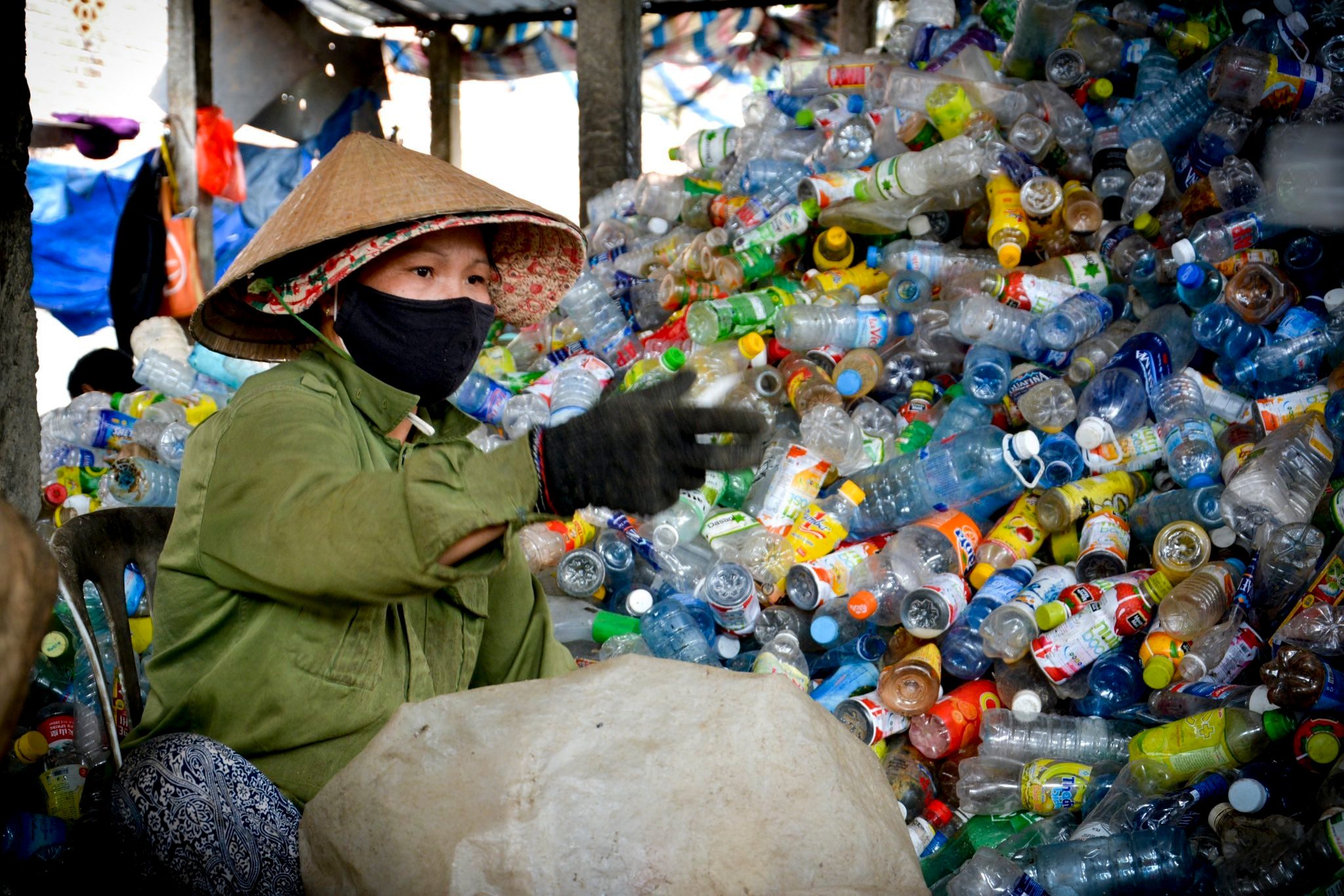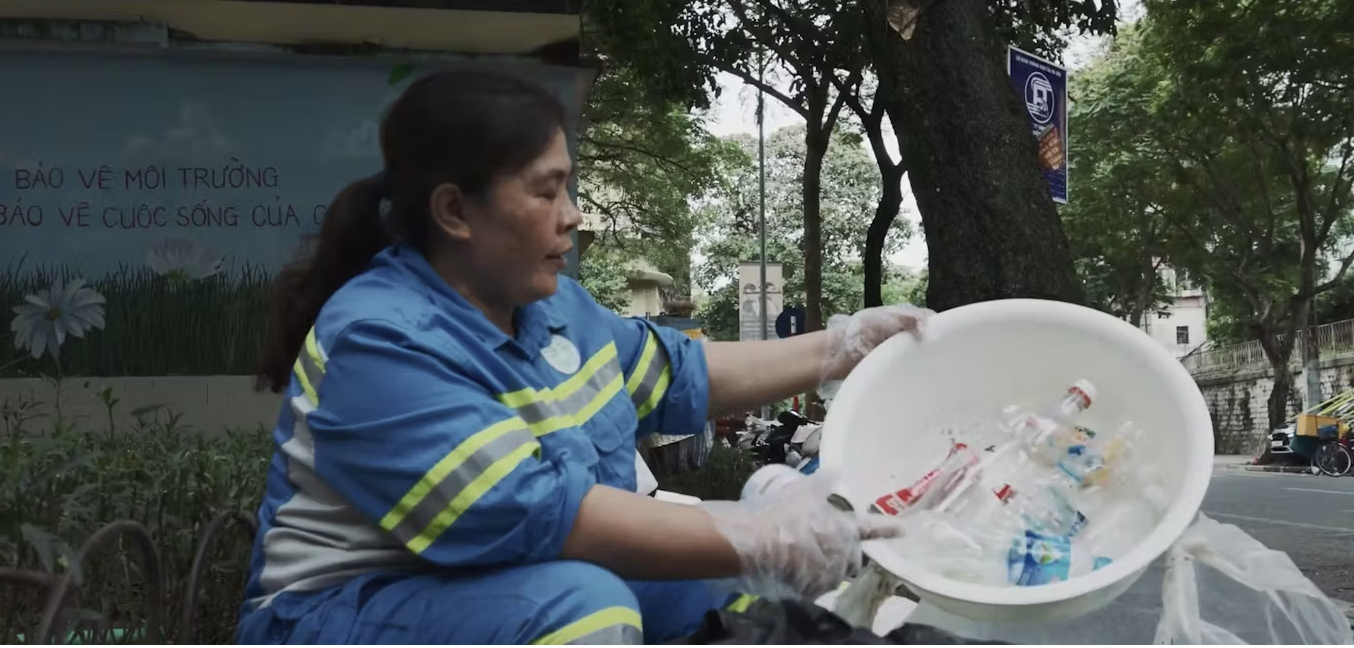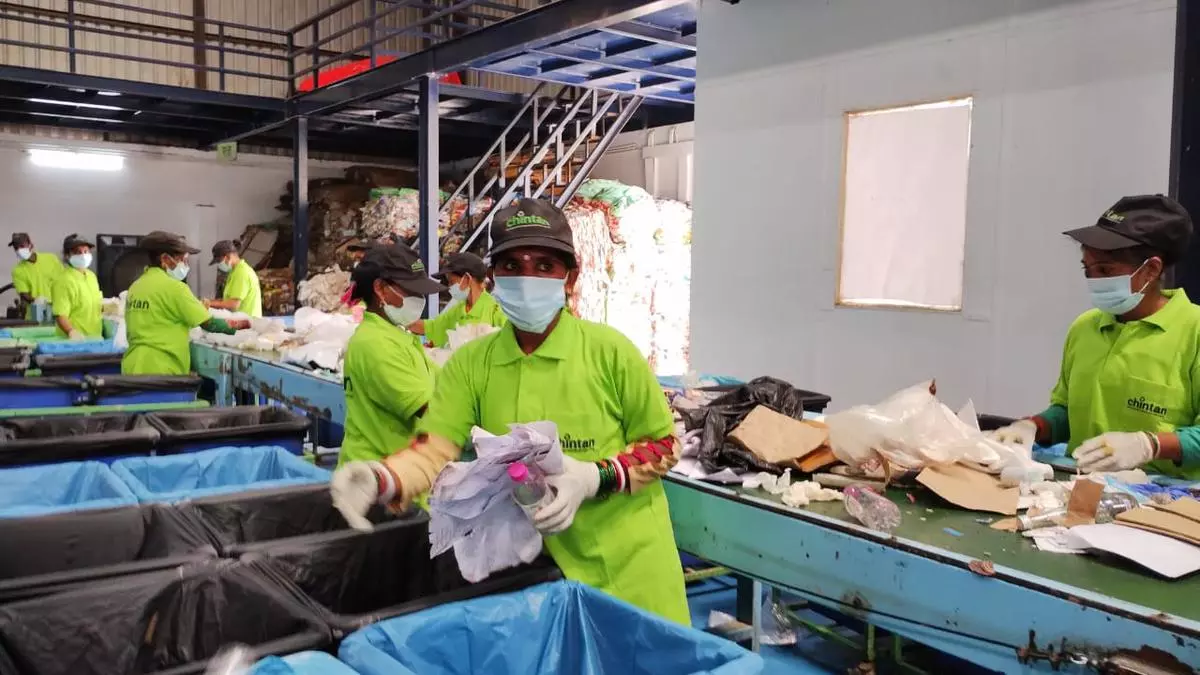Informal waste workers, often women, children, elderly, and disabled, work under hazardous conditions, earning up to 20 million dollars annually. They face economic hardship, discrimination, violence, and sexual harassment. In 2016, they collected 27 million tonnes of plastic waste, collecting 59% of global recycling. Despite their contributions, their services are often overlooked and undervalued.

The ongoing negotiation for a global plastics treaty must consider how to empower informal waste workers and ensure they are part of the just transition towards a future circular economy free of plastic pollution. Here are four things policymakers can do to empower informal waste workers and make waste management systems more effective.
1. Recognize informal waste workers’ services and include them in decision-making
The world generates 2 billion tons of municipal solid waste annually, with at least one-third not properly managed. Informal waste pickers play a crucial role in waste management and resource efficiency in developing countries. Recognizing and supporting these workers can save costs, improve waste management, and promote social inclusion. In India, establishing formal waste management would require $5 billion annually, but the informal sector requires less infrastructure and is more flexible.
2. Improve working conditions
Informal waste workers face unsafe conditions, including injuries, respiratory illnesses, allergies, and long-term diseases. Governments should integrate informal waste workers into their formal waste management systems and encourage door-to-door in-home collection. Raising awareness and providing basic safety training can help reduce work-related injuries. This requires government support and community awareness.

3. Ensure fair payment and financing access for informal waste workers’ services
Informal waste workers’ low income and unstable income do not reflect their contribution to environmental protection. To finance their services, governments should establish a national fund with fees collected from producers through extended producer responsibility (EPR) approaches, taxes, and plastics use fees, based on the “polluter pays” principle.
4. Reduce types of plastics, and design products with reuse and recycling in mind
One critical obstacle to plastic recycling is the large number of types, additives, and compositions of plastics. The complexity of different types of plastics makes it hard to separate and sort, creating unnecessary burdens for informal waste workers. Producers should be encouraged to limit the plastic types and additives to facilitate collection, separation, and recycling. With reduced numbers of plastic types and additives, collection and recycling will be easier.
You can find the original article in English here
















